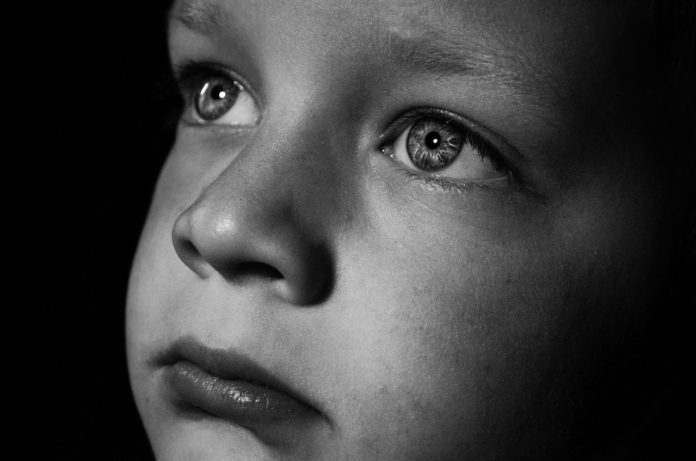The same areas in the brain could be culpable for both obesity and depression, researchers say
Early-life obesity and depression may be linked, according to researchers at the Stanford University School of Medicine.
Their findings, which will be published online April 23 in Hormones and Behavior, are based on brain MRI scans of children and teenagers aged 9-17 years. These children struggled with depressive symptoms and also to maintain a healthy weight. The study is the first to document how concurrent obesity and depression are reflected in the brain in this age group.
Young people who had both conditions had low volumes in two of the brain’s reward-processing areas, the hippocampus and anterior cingulate cortex. The participants’ brain abnormalities also were linked to their level of insulin resistance, itself a precursor to diabetes.
“We want to help children and families understand that these conditions are brain-based phenomena,” said the study’s lead author, Manpreet Singh, MD, assistant professor of psychiatry and behavioral sciences.
When obesity & depression begin in childhood, they tend to persist throughout life. Depressed youth may experience a cycle of overeating, followed by weight gain, ongoing depressed feelings and weight-related bullying
Children and teens who have both conditions often feel stigmatized and may hesitate to pursue treatment, said Singh, who is also a child and adolescent psychiatrist at Lucile Packard Children’s Hospital Stanford. “We want to destigmatize these issues. Understanding that there’s a brain basis may help both children and parents be solution-focused,” he said.
Prior Stanford research has shown changes in the same brain networks in adults with obesity and depression. “With this new study, we are trying to understand the earliest age at which this vulnerability begins, and also the earliest time we will be able to intervene when we find the appropriate intervention,” said the study’s senior author, Natalie Rasgon, MD, PhD, professor of psychiatry and behavioral sciences.
When obesity and depression begin in childhood, they tend to persist throughout life. Depressed youth may experience a cycle of overeating to try to make themselves feel better, followed by weight gain, ongoing depressed feelings and weight-related bullying that further worsens their depression.



It is not only children where obesity and depression are linked. Adults as well who are struggling with depression could find relief by focusing on getting fitter and stronger, as well as improving the quality of their food. Which means to stop eating highly processed foods, and instead opt for more real foods, like vegetables, whole grains, berries, fish, chicken, nuts. This is based on my own personal experience. Before adults or especially children go on antidepressants, I request that doctors/social workers/mental healt professionals please have their patients do a 90 day trial of a fitness centric lifestyle. I also believe based on personal experience that antidepressants are not for everybody, in fact, for some, they can be the death rattle for their life. See http://hashimashi.com/sigecaps-depression/ for 8 depression solutions that do not require antidepressants.